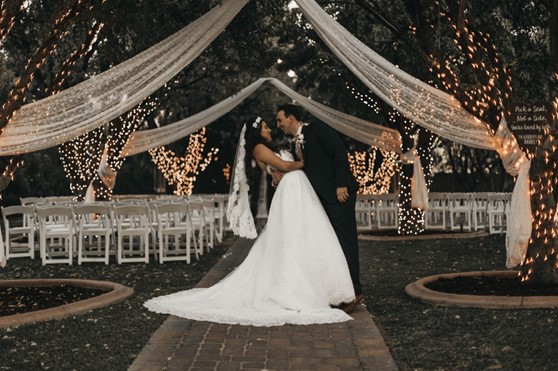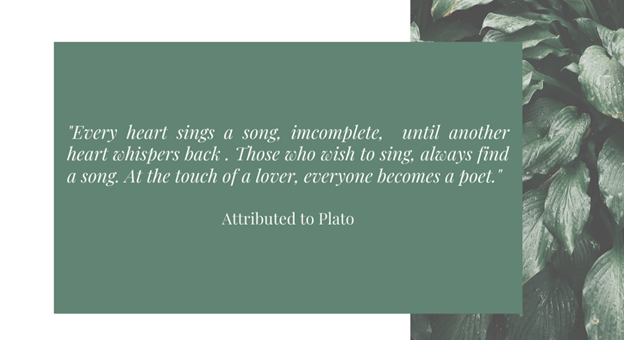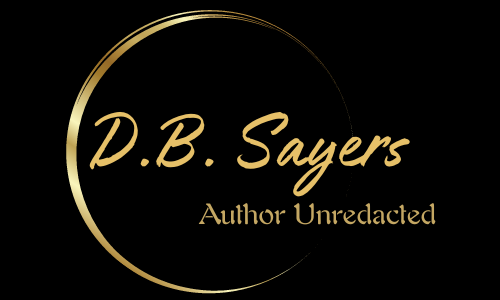“Happily ever after” often isn’t…

A couple months ago, one of my favorite writers on Medium, an online magazine to which I contribute posted a thought-provoking article entitled “Maybe Our Divorces are a Sign of Personal Growth.” If you’re married, contemplating marriage, divorced, contemplating divorce or have decided you’re never marrying, may I suggest you check out this article? I can think of almost no one who won’t get something useful from it. So—go read it, y’all—really. (End of fan-rant).
And as happens often when I read something thought-provoking, I start writing. This post is the result. My apologies beforehand, however, to whoever advised me to never begin a post with a definition. In this case, I’m going to, on my way to a pivotal point.
- Merriam-Webster’s Online dictionary defines marriage as: “The state of being united as spouses in a consensual and contractual relationship as recognized by law.”
- Alternatively, my hardbound Merriam-Webster dictionary defines marriage as: “1 a: the state of being married. b: the mutual relation of husband and wife. c: the institution whereby men and women are joined in a special kind of social and legal dependence for the purpose of founding and maintaining a family.”
My point? Language conforms with the culture it reflects. And the institutions represented by that language eventually pattern themselves after the prevailing attitudes of the time—even attitudes about institutions going back thousands of years. Marriage will not be spared, even if mainstream thought lags behind the arbiters of semantics.
Marriage and Myth
As Dr. Jordan suggests in the article cited at the beginning of this post, our thinking about marriage has not kept pace with the maelstrom of change that is our time. Many of us still harbor thoughts about marriage’s permanence and what a “failed” marriage says about us as individuals. Dr. Jordan’s subtitle sums her article up perfectly. “We outgrow many other things, so why not our relationships?” But after reflection, is it possible we’ve outgrown our expectations of marriage?
Anthropologists and historians generally agree partnered couples…and groupings of couples…seem likely to have formed out of the practical needs for procreation and mutual protection. The pragmatic efficacy of marriage for most of history seems a lot like a blinding flash of the obvious to most of us. But humans are emotional creatures prone to a touch of mysticism, as the quote below illustrates.

If you struggle imagining Plato of all people waxing lyrical about marriage, you’re hardly alone. Yes, there are, (obviously) cases where practical and emotional components coalesce around the same couple. That acknowledged, marriage for most of history remained principally a solution to many of life’s pragmatic challenges.
As societies grew more complex and settled around arable land to grow fixed crops, the practical issues of property and inheritance layered additional impetus for marriage—specifically, formalized, contractual marriage. I suspect the need for peace and predictability also proved persuasive arguments for the self-appointed architects of society.
That acknowledged, humans have always struggled resisting myths—especially when those myths serve a tangible purpose. Monogamous, faithful bonded pairs reduced the likelihood of armed conflict over desirable women. Did Homer (or whoever actually scribed The Iliad) see Helen of Troy as an allegory for the worst-case scenario?
Harnessing Myth for Control
As social complexity increased, religious leaders began to treat pair-bondings as (more or less) sacred, and with the cooperation of government, hallowed them in ritual. At the same time, the patriarchal bent of most societies made divorce difficult if not impossible. The myths appended to marriage sought to make women effective chattels and tie men to them (sometimes at the expense of both) as “protected,” providers, protectors, and effective wage slaves.
During the Post-WWII heyday of American capitalism, “thought leaders” found new, inventive ways to leverage romance and the myth of happily ever after. A split-level house in the ‘burbs, two cars and an endless parade of new things to “need” made the American flavor of capitalism the envy of the world. While at the same time hallowing growth in perpetuity as somehow desirable if not absolutely necessary.
With unprecedented prosperity, the longevity long associated mostly with the wealthy increased across society, and globally. Coupled with increased complexity, rapid change, and the rising expectations of romantic partnerships, is it difficult to understand how many marriages might break under the strain?
Marriage, Shifting Paradigms, and the Ecological Time Bomb
Divorce statistics and over-population aside, marriage remains a default expectation for many of us. Even considering the internecine low-intensity conflict between men and women so evident on this platform, the myth of marriage (and monogamy) as natural…and therefore naturally right…persists.
Reinforced by religious and social myths, we are bombarded relentlessly by messages encouraging romantic attachments whose end-game is marriage. And apart from how those expectations play out on a personal level, should we not also consider how they affect sustainable life on this, our one and only ecosystem? Runaway procreation, coupled with the myths surrounding love and marriage have become so ingrained in our psyche that many of us seem to struggle to see some of their consequences.
Yes, we need children, and yes those children tend to thrive with two nurturing parents. That said, if we had fewer children, might we not be better able to offer them a better life? It’s an open question whose resolution legitimately depends on a number of independent variables, but maybe it’s a question worth asking. Perhaps marriage (and its purposes) needs a facelift.
Nobody asked me, but...
Perhaps marriage as we have been conditioned to think of it should die. Might we be better off if marriage became more of an aesthetic (and less common) choice? Or at least one with profoundly fewer preconceived notions of how it ought to be structured, and when it might be the right thing to do? How might we relate to each other if men and women were emancipated from default social expectations to marry and procreate? In the third decade of the 21st Century, surely there’s room for more than one paradigm with respect to pair-bonding.
It’s possible that along with the varied approaches and goals to long-term relationships, more of us may opt for being alone. Perhaps even more of us will find ourselves comfortable with less formal—and not necessarily permanent—bondings with like-minded individuals. If we can all get over our prejudices grounded in the myths with which we’ve overloaded marriage, maybe it becomes as Dr. Jordan suggests—an opportunity for growth for as long as it works. Just no longer a social yardstick by which we measure our worth or well-being.
How much of the acrimony of separation is related to expectations unrealized? Maybe the problem isn’t how men and women bond or even why…but rather the expectations we drag along behind us—and superimpose on each other when we connect.
The headline of this post notwithstanding, marriage isn’t really dead. But maybe marriage loaded up with baggage that doesn’t apply to you personally should be. Yes, a “forever marriage” is still “a thing.” It just doesn’t need to be everyone’s thing. Nor, should it be a litmus test of either partner’s worth. Just thinking out loud.

Neat blog! Is your theme custom made or did you download it from somewhere?
A design like yours with a few simple tweeks would really
make my blog shine. Please let me know where you got your theme.
Bless you
Hi Crystal: Thanks for your comment. I built this site with the Elementor Web-builder, which has been designed to be compatible with WordPress. I’d suggest you think through what you want your site to look like based on sites that you’ve found compelling and keep you coming back and go from there. Today, I think simple trumps flashy…